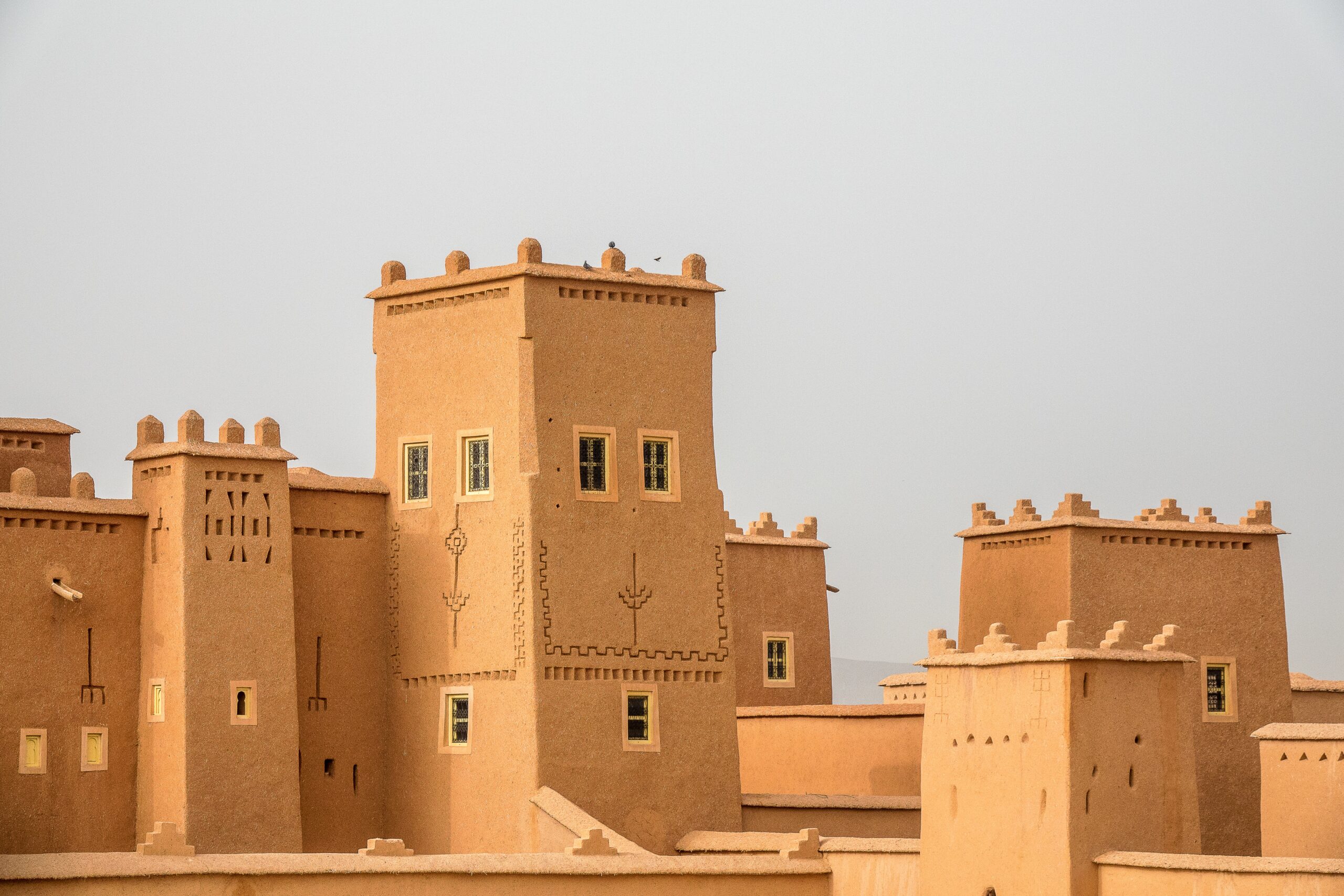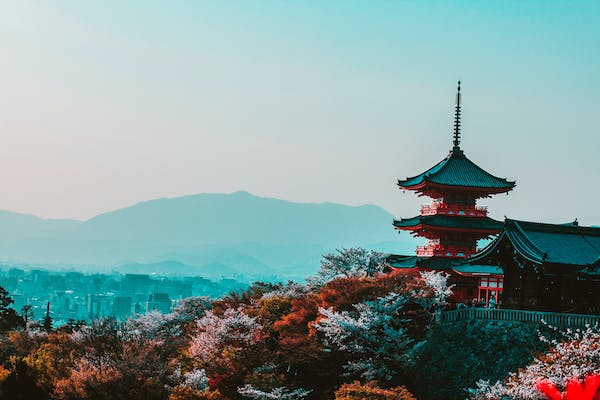
Human cultures are remarkably diverse, and what seems perfectly normal in one part of the world might appear downright bizarre elsewhere. Here are some unique and unusual cultural practices from across the globe that give us a glimpse into the variety of human traditions.
Baby Tossing – India
In certain parts of Maharashtra and Karnataka, a centuries-old ritual involves tossing infants off a 30-foot temple roof onto a sheet held by men below. Practiced mainly by Hindu and Muslim communities, this unusual ritual is believed to bring the child good health, long life, and prosperity. Though controversial, it continues to survive as a traditional practice despite government efforts to discourage it.
- Kanamara Matsuri – Japan
The Kanamara Matsuri, or “Festival of the Steel Phallus,” is celebrated annually in Kawasaki, Japan. This festival, which features giant phallic-shaped floats, celebrates fertility, healthy marriages, and protection against sexually transmitted diseases. Inspired by a local legend about a demon hiding in a woman’s body, the festival has become a unique combination of ancient tradition and quirky modern-day celebration, often raising funds for HIV research.
Famadihana (Turning of the Bones) – Madagascar
In Madagascar, the “Turning of the Bones” ritual is a celebration where the Malagasy people dig up the remains of deceased loved ones, wrap them in fresh shrouds, and dance with the bodies before returning them to their tombs. Practiced every five to seven years, the ritual is a way of honoring ancestors, celebrating life, and strengthening family bonds. For outsiders, it may seem macabre, but for locals, it’s a joyous occasion to remember and celebrate the lives of those who’ve passed on.
The Finger Cutting Ritual – Dani Tribe, Indonesia
Among the Dani people of Papua, Indonesia, a unique mourning ritual involves the amputation of fingertips to express grief after the loss of a family member. The practice symbolizes the physical pain caused by losing a loved one, embodying a deep and heartfelt connection to the departed. Although the ritual has become less common due to government intervention, some older members still display evidence of the tradition.
Night Hunting – Bhutan
In Bhutan, there is a tradition known as “night hunting,” in which young men secretly visit the homes of young women they’re interested in. They sneak into the home to spend time with them, often leaving before dawn. Though it may seem unusual or invasive, it is widely accepted in certain rural areas and even seen as a form of courtship. Over time, however, this practice has come under scrutiny, especially in urban areas.
Living with the Dead – Toraja People, Indonesia
The Toraja people of Sulawesi, Indonesia, have a remarkable relationship with the dead. Rather than burying their deceased immediately, they keep them at home and care for them as if they were still alive. The deceased are clothed, fed, and even spoken to, remaining with the family until an elaborate funeral can be arranged. Known as “Ma’nene,” the ritual is an expression of love and respect, showcasing a complex understanding of life, death, and the afterlife.
Cheese Rolling – England
Cheese rolling is a centuries-old competition held on Cooper’s Hill in Gloucestershire, England. During the event, a large round of cheese is rolled down a steep hill, and competitors race after it, often tumbling down in chaotic fashion. Whoever crosses the finish line first wins the cheese. While this quirky tradition might not seem as spiritual as others, it has become a beloved cultural ritual that attracts international participants every year.
Polterabend – Germany
Polterabend is a German wedding tradition where friends and family gather to break plates, glasses, and other items the night before a couple’s wedding. The couple then cleans up the mess together as a symbol of teamwork, demonstrating their willingness to support each other. This noisy, messy tradition is a lighthearted way to bring loved ones together and set a positive tone for the marriage.
El Colacho – Spain
The Spanish village of Castrillo de Murcia celebrates a unique tradition called El Colacho, where men dressed as devils jump over newborns lying on mattresses in the street. This bizarre ritual, held during the feast of Corpus Christi, is believed to cleanse babies of original sin and protect them from evil spirits. Although unconventional, the tradition has been part of the local culture since the 17th century and continues to be celebrated to this day.
Tooth Filing Ceremony – Bali, Indonesia
In Bali, Indonesia, young men and women go through a symbolic “tooth filing” ceremony as part of their coming-of-age. The ritual involves smoothing down the canine teeth, which is believed to curb negative emotions like greed, anger, and jealousy. This act is seen as a way to prepare Balinese youth for adulthood, encouraging spiritual purity and emotional control.
Celebrating Diversity
These unique customs reflect the vibrant diversity of the human experience. They may seem strange to outsiders, but for those who practice them, they offer meaning, connection, and identity. As globalization brings us closer, understanding and respecting these traditions becomes essential in preserving our world’s cultural richness. Whether bizarre or beautiful, each one is a reminder of the creativity and diversity that make humanity so fascinating.




